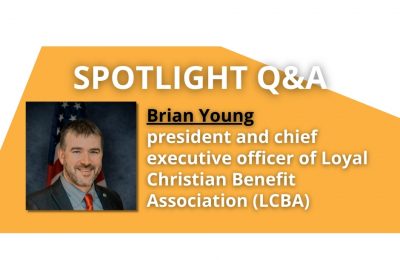How did you fair in the 2016-2017 budget?
That dreadful constitutional budget deadline of June 30 rolls around every year. Sometimes the legislature meets that deadline and sometimes they don’t. Last year, we went nine months over the deadline. This year, we faired a little better — only missing the date by two weeks. But did we actually fair better? The media and the public have been so focused on the June 30 deadline that they overlooked what is actually in the budget and how it affects them.
The legislature passed, and the governor approved a $1.3-billion revenue package, including a $650-million tax increase. The $31.6 billion is reached by a five-year loan of $200 million from the Pennsylvania Professional Liability Joint Underwriting Association (JUA). The JUA is a government-chartered nonprofit that provides medical professional liability insurance. Another $100 million is expected from a gambling expansion. The uncertainty of this $100 million from gambling expansion is sketchy, at best, because the legislature has not passed the expansion yet.
The $650-million tax increase includes a 6-percent sales tax on digital downloads, such as iTunes, eBooks and apps, as well as on streaming services like Netflix and Amazon Prime, and satellite radio. It also includes $1-per-pack cigarette tax hike, a new tax on smokeless tobacco and other tobacco products and a new tax on e-cigarettes. In addition, a reduction in the vendor discount offered to retail stores who collect sales tax for the state has now been capped at $300 per year.
While we did not come out of the budget unscathed, it could have been worse. Governor Tom Wolf originally wanted $3 billion in new taxes, which would have been detrimental to every family and business in Pennsylvania. In addition, the 5-percent gross receipts tax on home heating bills did not make it in the budget. Do not, by any means, interpret this as a good, fiscally responsible budget. The government is still living beyond its means. And, it’s only going to get worse next year.
As we are all aware, Pennsylvania has many areas that are budget busters and need immediate reform. The public pension continues to be underfunded and the costs continue to rise exponentially. Health-care costs are rising faster than they are funded and will continue to rise. Governor Wolf continually claims that the structural deficit in excess of $1 billion needs funded. He also advocates the need for more money for the public school system, of which the majority of the money will be used to fund health care, pensions and finance school bonds and debt; unfortunately, very little of that money will ever see a classroom. And the big question is: How does this spending get financed? By you, the taxpayer.
Now, let’s fast forward one year to the 2017-2018 budget. What if cigarette revenues aren’t what they expected, for many reasons, and it turns out that the gambling expansion didn’t quite meet expected numbers? What if unfunded pension liability and health-care costs rise, and property taxes don’t meet the school districts debts, the JUA wants to be paid back, and it’s not an election year? Any of those factors could mean disaster.
We have the power to protect ourselves, our family and our businesses in Pennsylvania by staying vigilant in who we elect. Every legislator played a role in this year’s budget. Every legislator will play a role in next year’s budget and has the power to decide if businesses thrive or fail, if families pay extra money to the government or keep that money in their family budget and whether we grow our economy or watch it recede. Every vote counts — not only in your district, but as a whole. It is so very important to send fiscally responsible people to Harrisburg who cannot only represent you as a constituent, but also you as a Pennsylvanian.
Angela Zaydon is the state government relations representative for the Manufacturer & Business Association in Harrisburg. Contact her at 717/525-7213, cell 814/460-3136 or at azaydon@mbausa.org.















